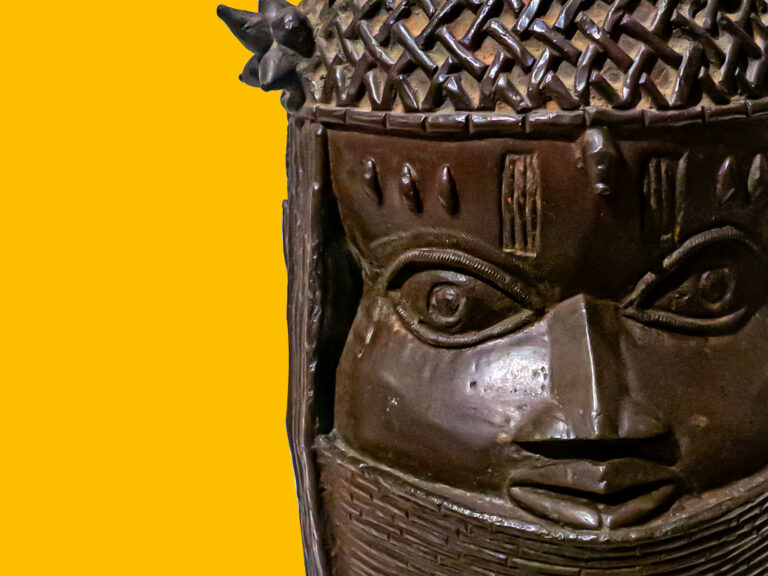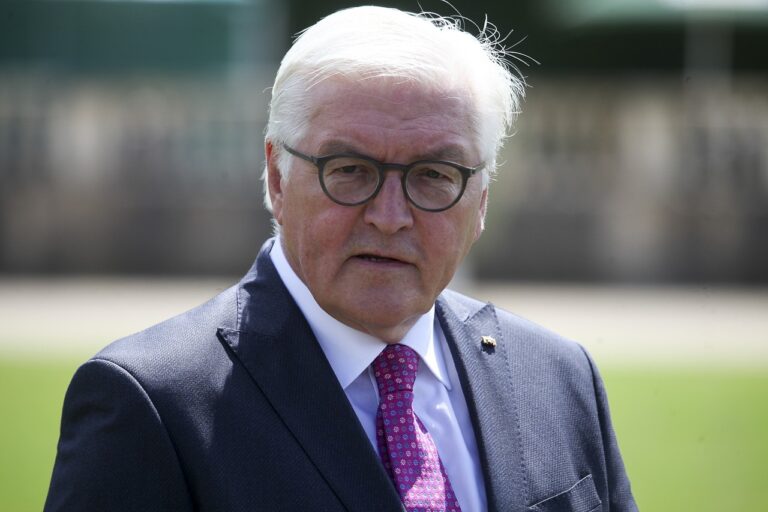Copenhagen, Denmark (TP)
“With my sincere thoughts and with the deepest respect for everything you have been fighting with, I will give you my unreservedly apology.”
That is the ending remarks from Danish prime minister Mette Frederiksen in a letter addressed to 22 Greenlanders who were taken from Greenland to Denmark in a failed social experiment from the 1950s.
The apology was delivered directly to six Greenlanders in a personal letter from Ms. Frederiksen who acknowledged Denmark’s past mistake, Altinget reports.
The six Greenlanders are the remaining living members of in total 22 children who were taken from their families in Greenland and send to Denmark in an attempt to create what was called a ‘Greenlandic social elite’.
Abducted to ‘civilize’ Greenland
The previous government in Denmark kickstarted a thorough research on the 22 children’s experiences during the social experiment and investigate what human consequences it had for them.
The Greenlandic children aged between five to ten years old were sent to Denmark in 1951 in an attempt to convert them into Danish thought and culture. The long-term plan was to create a ‘Greenlandic elite’ that could develop Greenland further.
But the experiment failed. The forced relocation created major suffering among the children. Many of them never got to see their families again when they returned to Greenland. Some of them were placed in a children’s home in Nuuk.
‘They send us to Denmark for 1,5 years without telling our parents about our whereabouts. Only 16 of us returned home’

Helene Thiesen
Former relocated child
Helene Thiesen was seven years old when she went through the forced relocation to Denmark. Her widowed mother, alone with three children, told her that Denmark was “just like paradise. You don’t have to be sad,” Ms. Thiesen said to the BBC.
‘They send us to Denmark for 1,5 years without telling our parents about our whereabouts. Only 16 of us returned home. Six got adopted without following the proper laws,’ Ms. Thiesen told Danish broadcaster TV2 Øst.
According to TV2 Øst, many Danes were unaware of the experiment. But in 1998 the book ‘I den bedste meaning [With the best intentions]’ written by Danish author Trine Bryld was published mapping out the social experiment and its’ consequences.
‘From here, everything exploded’ Ms. Thiesen said to TV2 Øst. ‘The truth came out. That 22 children have been through an experiment.’
Apology sparked heated debate in parliament
Even though the experiment gained more attention in the social sphere because of the book, it still took numerous shifting danish governments time to work on an apology.
The historical investigation published by Denmark and Greenland shortly before the official apology highlighting the experiment and its’ consequences sped up the process for Denmark to show remorse.
Early in the change to a centre-left government in Denmark, there were already talks on crafting an apology to the 22 victims. The emergence of covid-19 delayed the initiative.
However, the initial discussion on sending the apology was heatedly discussed during the 2019 opening debate in the Danish parliament, which traditionally touch on topics deemed worthy of political focus for the coming year.
‘Times of colonialization has ended, I was often told’

Aki-Matilda Høegh-Dam
Member of the Danish parliament
Representing one of the total two Greenlandic seats in the Danish parliament, Greenland politician Aki-Matilda Høegh-Dam used her turn to present her experiences on the speaker’s podium in front of the Danish politicians.
‘Times of colonialization has ended, I was often told,’ she said recorded by Danish newspaper Berlingske.
‘300 years ago, Greenland became part of Denmark. But let us talk about reality. As a young Greenlander, I still experience the colonial legacy. Even though I did not join a segregated school like my family has, I still experience the colonial legacy,’ she said.
According to Berlingske, Ms. Høegh-Dam requested an apology from Denmark for years of suppression in Greenland and a formal apology directed to the 22 children forced in the social experiment to build new trust in the relationship between the two countries.
The suggestion was not well received by the nationalistic right wing party Dansk Folkeparti.
‘And now we have to listen to such a hateful speech. I think this is crossing the line. I think that you should show gratitude towards Denmark who took Greenland under her wings,’ Søren Espersen vice chairman of Dansk Folkeparti responded.
Ms. Høegh-Dam were seen hugging prime minister Mette Frederiksen by the end of the debate, displaying a form of acknowledgement between the two. And now the first step is taken. The first apology has been given.
At least, this is something one of the current living victims of the experiment can celebrate.
‘Finally, the apology came, and I think that is really big,’ said Ms. Thiesen.













